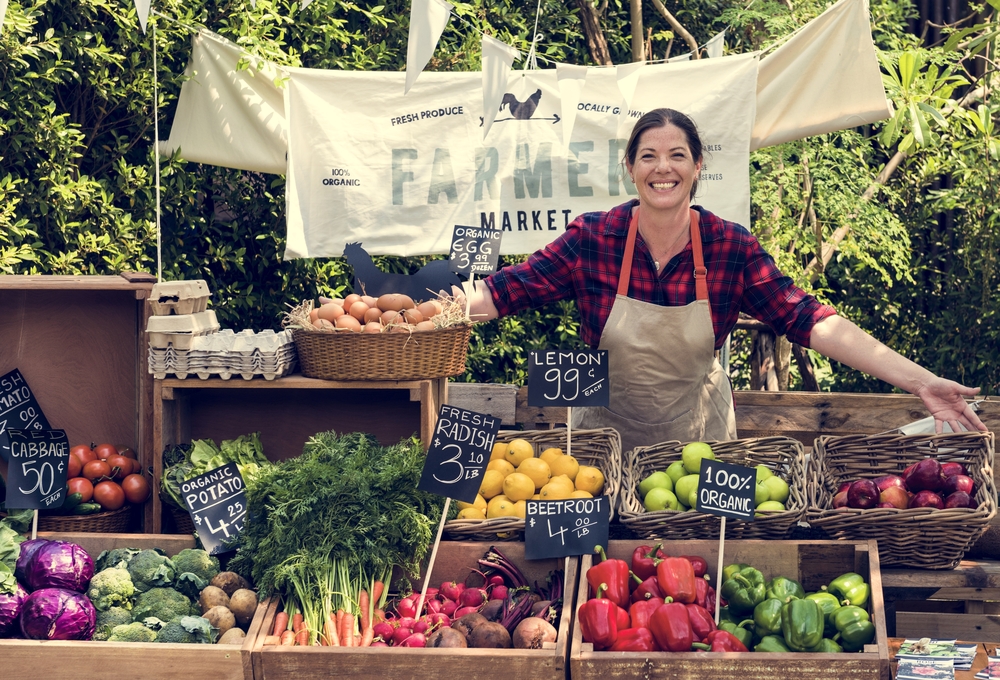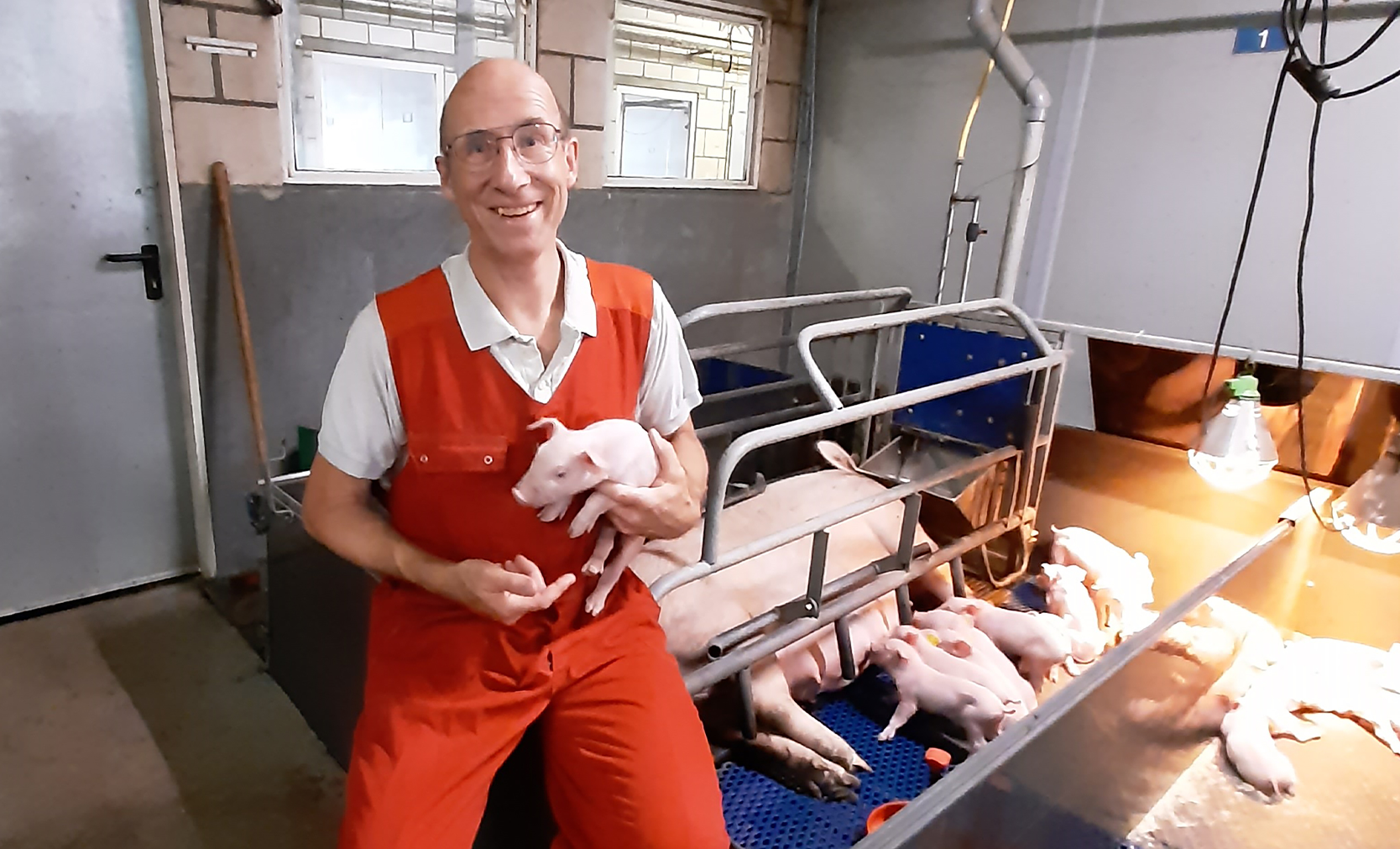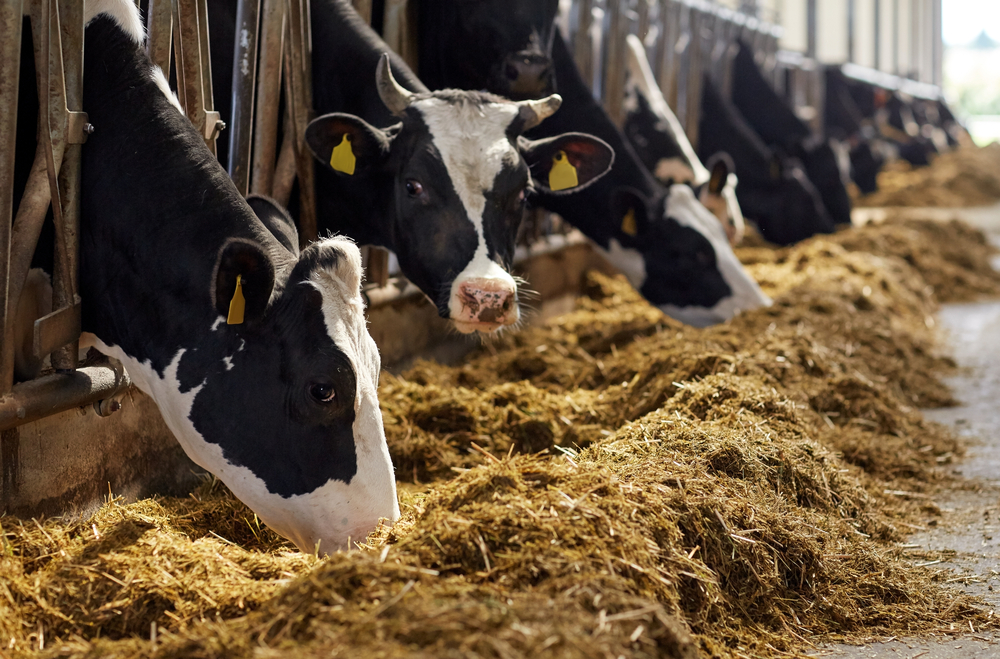An increased range of organic foods in schools and government buildings, more subsidies for farmers willing to transition, and more commercials for organic food. These are the measures the European Commission launches to stimulate organic farming.
In a further elaboration on the Farm to Fork strategy of Euro-commissioner Frans Timmermans, the Commission states that the acreage of organic farmland should increase from the current 8.5 per cent to 25 per cent by 2030. Moreover, the EU wants to lower sales taxes on organic products and hand out “bio-cheques” to low-income citizens.
Question
In the Netherlands, only 3.7 per cent of the soil is used for organic farming. In the past, the Netherlands has had several stimulation packages for organic farming. There is a lesson to be learned, says Wijnand Sukkel, an agro-ecology researcher at WUR. ‘The plan aims to not just increase the supply of organic products, but also the demand. This is excellent. Over twenty years ago, the Dutch government stimulated farmers to switch to organic without boosting the demand. This resulted in an excess supply and lower prices for the organic farmers. As a result, much attention was devoted to stimulating the demand some 15 years ago. This led to an increased market share, but the original goal of 10 per cent organic was nowhere near met.’
The plan aims to not just increase the supply of organic products but also the demand. This is excellent
Wijnand Sukkel, researcher agro-ecology at WUR
To stimulate the demand for organic products, the price difference between organic and regular products should be drastically reduced, Sukkel thinks. ‘The production cost of organic products is often over 30 per cent higher for farmers, compared to the regular product. Merely lowering the sales tax is not enough. I think we should reward farmers for ecosystem services such as stimulating biodiversity.’ Sukkel feels that a 25 per cent share of organic farming in the Netherlands by 2030 is unrealistic.
Export
The main issue is how to stimulate the demand for organic. Katja Logatcheva, a market researcher at Wageningen Economic Research, notes that the Netherlands is an agricultural export country, which means that it is particularly relevant how the demand for ecological products develops in other EU countries as a result of these measures. In Germany, for example, there is a growing “eat local” trend, with local organic products on the rise, in spite of their higher prices. Dutch producers do not benefit from this increased demand, she estimates.
She also feels that the demand for cheaper, non-organic food will persist in Europe and the rest of the world. The Netherlands will retain a large competitive edge in these markets. Both these observations don’t favour a transition to organic in the Netherlands.
Consumer
The greatest challenge for the Dutch market is how to stimulate consumers to start buying organic or other sustainable options on a large scale, Logatcheva continues, ‘As long as the supermarket shelves offer the choice between expensive organic products and cheap non-organic ones, many EU-consumers will choose the cheaper option. With differences in pricing, the consumer is, for all intents and purposes, punished for buying a more sustainable product. We must solve this controversy. Another controversy is that traditional agriculture is also becoming more sustainable. If you increase taxes on traditional farmers in favour of organic businesses, you hamper this development. That trend must also be stimulated.’’
With differences in pricing, the consumer is, for all intents and purposes, punished for buying a more sustainable product. We must solve this controversy
Katja Logatcheva, market researcher at Wageningen Economic Research
Ook Sukkel agrees that in its efforts to increase the sustainability of agriculture, the EU should not focus exclusively on organic farming. ‘I think we should adopt a broader perspective on the transition towards more sustainable forms of agriculture. Agriculture with a high level of biodiversity, a high resilience against climate change, diseases and plagues, and that does not deplete our resources. Organic farming has an advantage in that respect, but there are still steps to be taken.’

 Photo Shutterstock
Photo Shutterstock 

